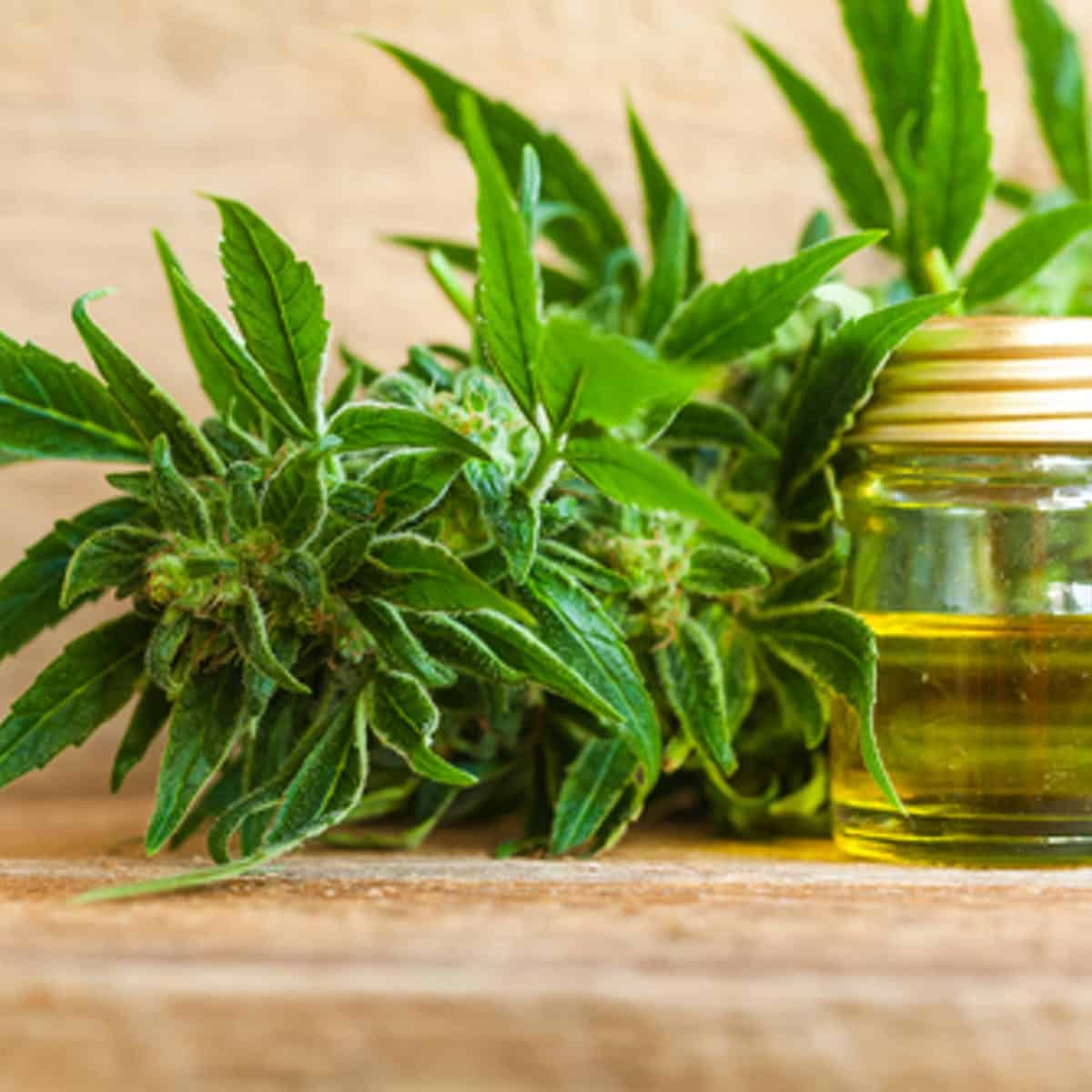

No plant has faced more controversies than cannabis. But why does cannabis conjure so much controversy? It is simple; cannabis is not well understood despite evidence surrounding some of its therapeutic properties.
The use of cannabis for medicinal purposes is not new. Various communities have used CBD to cure ailments for centuries. However, little research has been conducted on cannabis products since it has long been banned in many countries.
Emerging evidence shows that cannabis offers several therapeutic benefits. Moreover, CBD can be taken in various forms, including pills, tinctures, oils, edibles, lotions, and one can smoke or even vape it. Common products such as weed pen can balance the immune system and reduce the body’s inflammatory response.
The medicinal benefits of cannabis stem from its ability to interact with the endocannabinoid system. The human body comprises an endocannabinoid system made up of receptors (CB1 and CB2) and their receptive cannabinoids. Like the human body, there are over 100 cannabinoids found in the cannabis plant. These cannabinoids are similar in chemical composition to those found in the body. The CB1 receptors are primarily found in the brain, while CB2 dominates the immune system.
The endocannabinoid system makes up one of the body’s most complex and best neurotransmitters. CB1 receptors modulate several brain functions, including cognitive function, movement, coordination, mood, emotions, appetite, and pain. CB2 receptors, conversely, modulate pain and inflammation. Since the endocannabinoid system has a significant impact on the immune system, cannabinoids effects on the system affect the immune system. Let’s go into detail about the role of cannabinoids on immunity.
When you hear of inflammation, you might think it is a bad thing. Contrarily, inflammation is a beneficial immune response to injury and pathogenic attack. Inflammation is critical in fighting and eliminating pathogens and toxins and repairing damaged tissue upon injury.
In a normal homeostatic response, inflammation is supposed to stop once its action is complete. This does not always happen, and the inflammatory reaction may continue further, leading to cell damage and death.
image source: unsplash.com
In cases of runaway inflammation, cannabis’ anti-inflammatory properties can help curb inflammation. Cannabidiol (CBD), one of the cannabinoids found in cannabis, seems to enhance IL-2 production when the levels are low.
IL-2 is critical in T-regulatory cells (Tregs) stimulation. Tregs are cells responsible for the activation, proliferation, and production of cytokines that mediate CD4+ T cells and CD8+ T cells. Tregs, consequently, play a suppressive function during inflammation. Since CBD enhances the production of IL-2, it means that CBD can improve an anti-inflammatory response.
One of the primary ways in which cannabis affects the immune system is immunosuppression. This ability makes cannabis a potential treatment for autoimmune diseases such as Crohn’s disease, psoriasis, and rheumatoid arthritis. Cytokines are immune cells that signal immune response. When there is a runaway autoimmune response that leads to autoimmune conditions, cutting the signaling pathway is the best approach.
image source: unsplash.com
CBD can suppress the functions of the immune system by hindering cytokine production. Studies show that CBD is particularly effective against Interleukin-2 (IL-2), a type of cytokine. The immunosuppressant action of CBD may not be suitable for healthy individuals. But for individuals with hyperreactive immune systems, it is a welcome cure.
As seen before, the immune system has a close relationship with the endocannabinoid system through the CB1 and CB2 cannabinoid receptors. CBD can modulate this relationship further, thereby regulating the immune system.
CBD seems to be highly potent at transient receptor potential (TRP) channels. TRP are membrane proteins that modulate several chemical and physical stimuli. They affect pain perception, pressure, pH, among other responses.
image source: unsplash.com
Many diseases, including respiratory disorders, neuropathic pain, and inflammation, involve dysfunction of the TRP channel. Since cannabinoids like CBD can modulate a subset of TRP channels, it can be beneficial in dysfunctional immunity cases.
Apoptosis is defined as systematic cellular death. Naturally, body cells die out from damage or aging. The body also kills cells that it deems dangerous and could affect homeostasis.
Some cells survey the body looking for damaged, old, or dangerous cells to kill and eliminate. When this system fails, some of these cells could become cancerous.
The regulation of apoptosis relies heavily on activator protein-1 (AP-1). Cannabinoids seem to regulate AP-1 reporter gene activity by inhibiting its activity. By controlling the exercise of this protein, CBD enhances apoptosis.
image source: unsplash.com
The role of cannabinoids in apoptosis is of particular interest to researchers. Once the exact chain of action is established, this could be a breakthrough in cancer treatment.
T cells are a type of white blood cells that fight diseases. While T cells are essential for protecting the body against pathogens, they can be dangerous if the immune system malfunctions. T cells can attack the body’s cells in cases of a hyperactive immune system, mistaking them for pathogens.
Cannabinoids suppress many proteins that regulate T cells production. In particular, CBD suppresses IL-2 and IFN-gamma production. Individuals with hyperactive immune systems can benefit from this property in cannabinoids.
Cannabis seems to offer many benefits to the immune system, but you should not take CBD products as a replacement for conventional treatment. Also, make sure to consult a doctor before taking cannabis.
References
https://www.frontiersin.org/articles/10.3389/fnmol.2018.00487/full